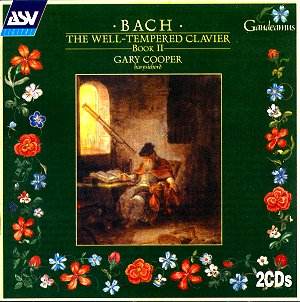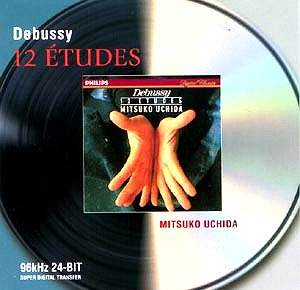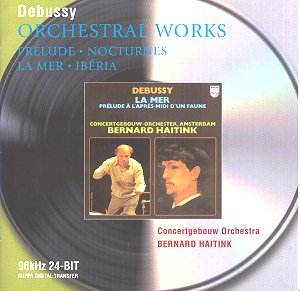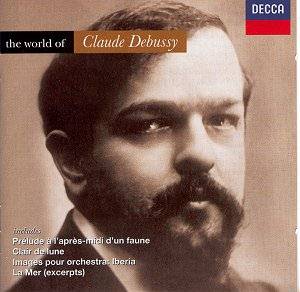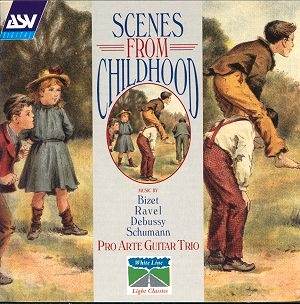 Pro Arte Guitar Trio: Scenes from Childhood
Pro Arte Guitar Trio: Scenes from Childhood
Label: ASV CD WHL2129
Duration: 61:55
Performers: Pro Arte Guitar Trio (Peter Rueffer, Richard Hand, Tom Dupré)
Review Date: October 2001
In this enchanting recording, the Pro Arte Guitar Trio presents an imaginative transcription of beloved piano works that evoke the spirit of childhood. The selection comprises Claude Debussy’s Children’s Corner, Robert Schumann’s Kinderszenen (Op. 15), Georges Bizet’s Jeux d’enfants (Op. 22), and Maurice Ravel’s Mother Goose. Each piece, originally composed for piano, is meticulously arranged for guitar trio, showcasing the versatility of the instrument while maintaining the innocence embedded in these childhood themes.
The historical significance of these works cannot be overstated. Debussy’s Children’s Corner, composed in 1908, serves as an homage to his daughter, encapsulating the whimsical and often dreamlike aspects of a child’s world. Schumann’s Kinderszenen, written in 1838, reflects the Romantic fascination with childhood as a time of untainted joy and imagination, while Bizet’s suite, composed in 1871, is a delightful exploration of youthful games and pastimes. Ravel, in his Mother Goose, completed in 1910, brings a lush and fantastical approach to children’s stories, blending the playful with the profound.
The Pro Arte Guitar Trio, consisting of Rueffer and Hand on guitar and Dupré on the requinto, a higher-pitched guitar, achieves a remarkable balance between technical precision and expressive nuance. The choice to utilize the requinto adds a transparency that enhances the delicate textures of these pieces. For instance, in Debussy’s Doctor Gradus ad Parnassum, the shifting harmonies and playful rhythms are rendered with an airy lightness that captures the essence of a child’s playful pursuit of knowledge. The ensemble’s use of dynamics is particularly effective, with subtle crescendos and decrescendos that mirror the undulating emotions of childhood.
The Trio’s interpretation of Schumann’s Traumerei is especially noteworthy. The gentle, flowing lines are articulated with a tender touch that invites the listener to reflect on the poignant beauty of the piece, while the contrasting sections, such as An Important Event, are infused with a sense of urgency and excitement that showcases the Trio’s ability to navigate emotional extremes.
The inclusion of Bizet’s The Doll (Berceuse) provides a moment of serene introspection, with its lyrical melody beautifully realized through the Trio’s interplay. The arrangement allows for a rich harmonic palette, and the gentle strumming of the requinto adds a layer of warmth that complements the piece’s tender character. Similarly, in Ravel’s Pavane for the Sleeping Beauty, the Trio creates a dreamlike atmosphere through their nuanced phrasing and careful attention to tempo, allowing each note to resonate with the listener.
In terms of engineering, the recording quality is commendable. The balance between the instruments is well maintained, allowing the listener to appreciate the intricate dialogue between the guitars. The acoustic space captures the warmth of the instruments, enhancing the overall listening experience.
Comparatively, while other notable recordings of these works, such as those by renowned pianists like Vladimir Ashkenazy or Maurizio Pollini, provide a different interpretive lens, the Pro Arte Guitar Trio offers a refreshing perspective that recontextualizes these familiar pieces. The guitar’s timbral qualities breathe new life into the music, inviting both seasoned classical enthusiasts and newcomers to explore these beloved compositions anew.
In conclusion, the Pro Arte Guitar Trio’s Scenes from Childhood is an inspired and charming collection that highlights the enduring appeal of these works while offering a unique interpretation that is both technically adept and emotionally resonant. This recording stands as a testament to the versatility of the guitar trio format, encapsulating the innocence of childhood and the profound beauty of these masterpieces. As the listener engages with this disc, one is reminded that childhood, in all its complexity, remains a wellspring of inspiration for composers across generations.
